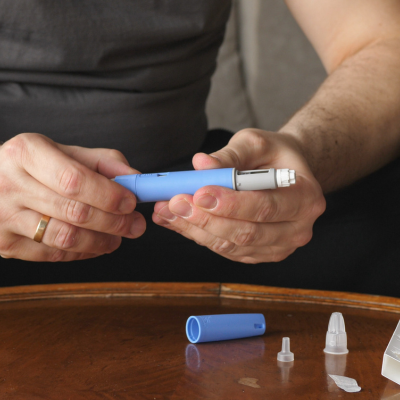

Published on Nov 05, 2020
Data submitted to the FDA’s device malfunction database, known as MAUDE, over the past three months indicates that Penumbra’s (PEN) Jet 7 catheter continues to break under routine use, even after the company’s July 27 letter to physicians.
Penumbra’s July 27 letter warned physicians about several issues with the Jet 7 catheter, in particular its potential to expand inside the cerebral arteries of stroke patients, leading to death. The letter told doctors not to inject contrast agent, which causes the expansion, through the Jet 7 when performing angiographs, a procedure that neurointerventional doctors told The Capitol Forum was routine during thrombectomies.
While no new deaths associated with injecting contrast agent through the Jet 7 have occurred since the July 27 letter, three deaths from the practice that occurred prior to the letter have since been reported to the MAUDE database. The newly reported deaths bring the total number of deaths associated with use of the Jet 7 to 17.
Penumbra CEO Adam Elsesser recently stated on an October 28 earnings call that “we are not aware of any new reports, either as reported to the company or the MAUDE database, that were the subject of the notification and were related to events that occurred after the date of their notification.”
Other problems with the catheter, however, appear to persist despite the company’s warning to doctors. The Capitol Forum has previously written about how malfunctions during contrast injection, while responsible for all deaths associated with the device, constitute only 25% of all malfunctions reported to the MAUDE database.
During thrombectomies, doctors often remove aspiration catheters like the Jet 7 from patients and flush them with a saline solution in order to remove any blood clots before re-inserting the device to suction out additional blood clots. According to Penumbra’s letter, doctors should “use caution and slowly flush heparinized saline” so that the end of the catheter will not unintentionally expand.
While physicians may or may not inject contrast agent through an aspiration catheter like the Jet 7, opting to use the guide catheter instead, doctors have previously told The Capitol Forum that flushing catheters with saline is essential during procedures.
According to the FDA data, at least seven doctors have continued to flush the Jet 7 catheter with saline, with some finding that it is causing the device to expand like a balloon, despite the company’s warnings. During a procedure on September 11, for example, a doctor reported that “The Jet 7 was
removed from the patient and flushed with saline. While flushing, the Jet7 expanded and subsequently broke.” It is unclear whether the doctors were flushing the catheters slowly as Penumbra advised.
The FDA’s database also shines light on other issues with the Jet 7 catheter that were not the subject of the company’s letter to doctors, with one doctor making it clear that the malfunction was not the result of using contrast media.
“During the second pass, damage to the Jet 7 was seen under fluoroscopy,” a doctor reported during a September 2 procedure, “The device was removed from the patient without any complication. Upon removal from the patient, damage to the distal tip of the catheter was noted. Contrast was not injected through the Jet 7 at any time during the procedure.”
Over the past year, dozens of reports have been made to the FDA database involving the Jet 7’s potential to break in half and become lodged in the arteries of patients, and doctors continue to experience this issue.
During a September 24 thrombectomy, for example, “during aspiration while retracting the Jet 7, the catheter fractured distally. Therefore, the physician removed the Jet 7 and the fractured tip remained in the patient.” Because the fractured portion of the catheter was too distal and there were no adverse effects to the patient, the surgeon opted to leave the broken piece in the patient.
Doctors have previously told The Capitol Forum that they feel Penumbra’s method of notification for doctors insufficient for the scale of the problems with the Jet 7. Several doctors have published or are planning to publish case studies in order to bring further attention to the problems.
In response to a request for comment, a spokesperson for Penumbra reiterated that the company is not aware of any new reports of events that were the subject of the July 27 letter, and that the company “continues to comprehensively file medical device reports with the FDA for all adverse events associated with its products” in accordance with the law.